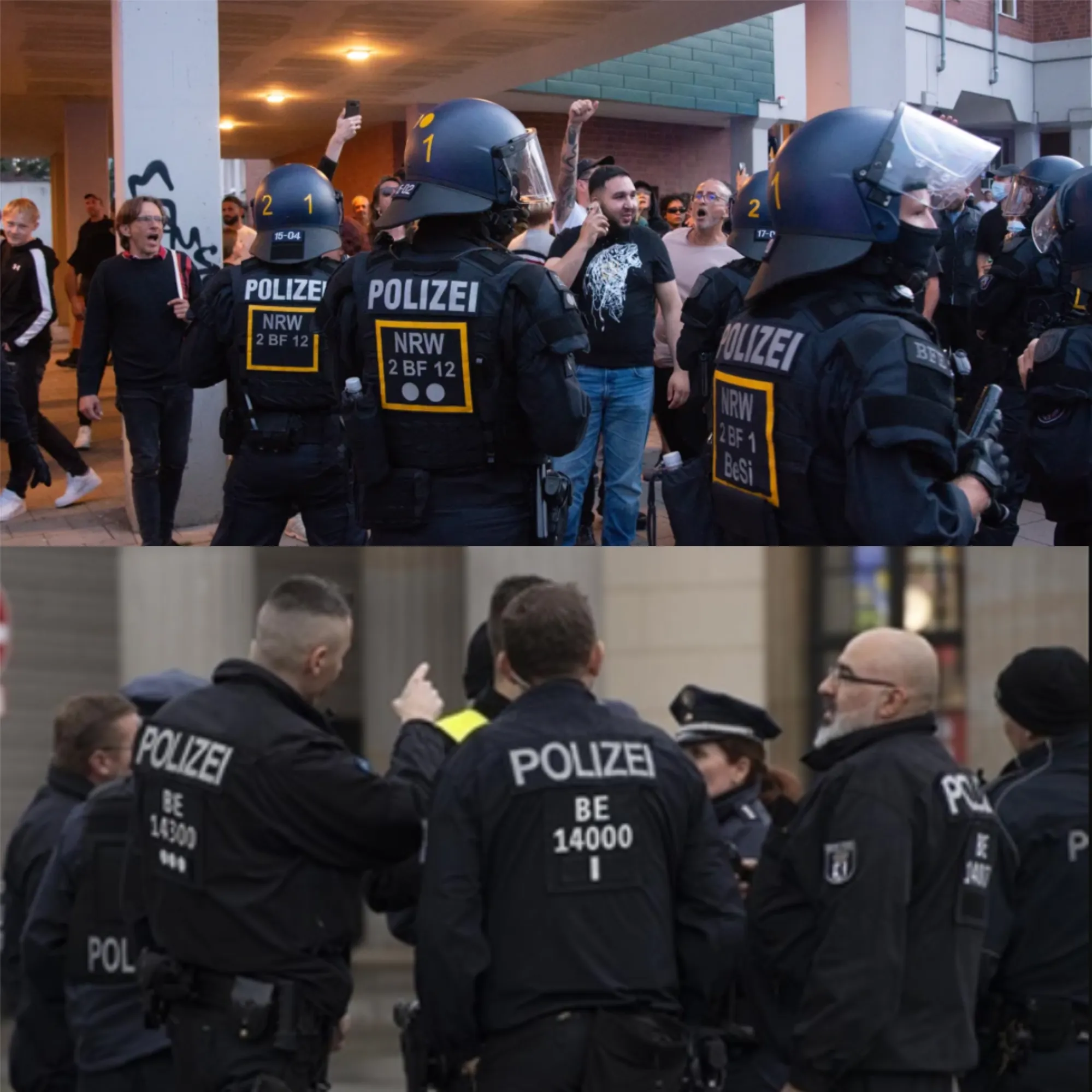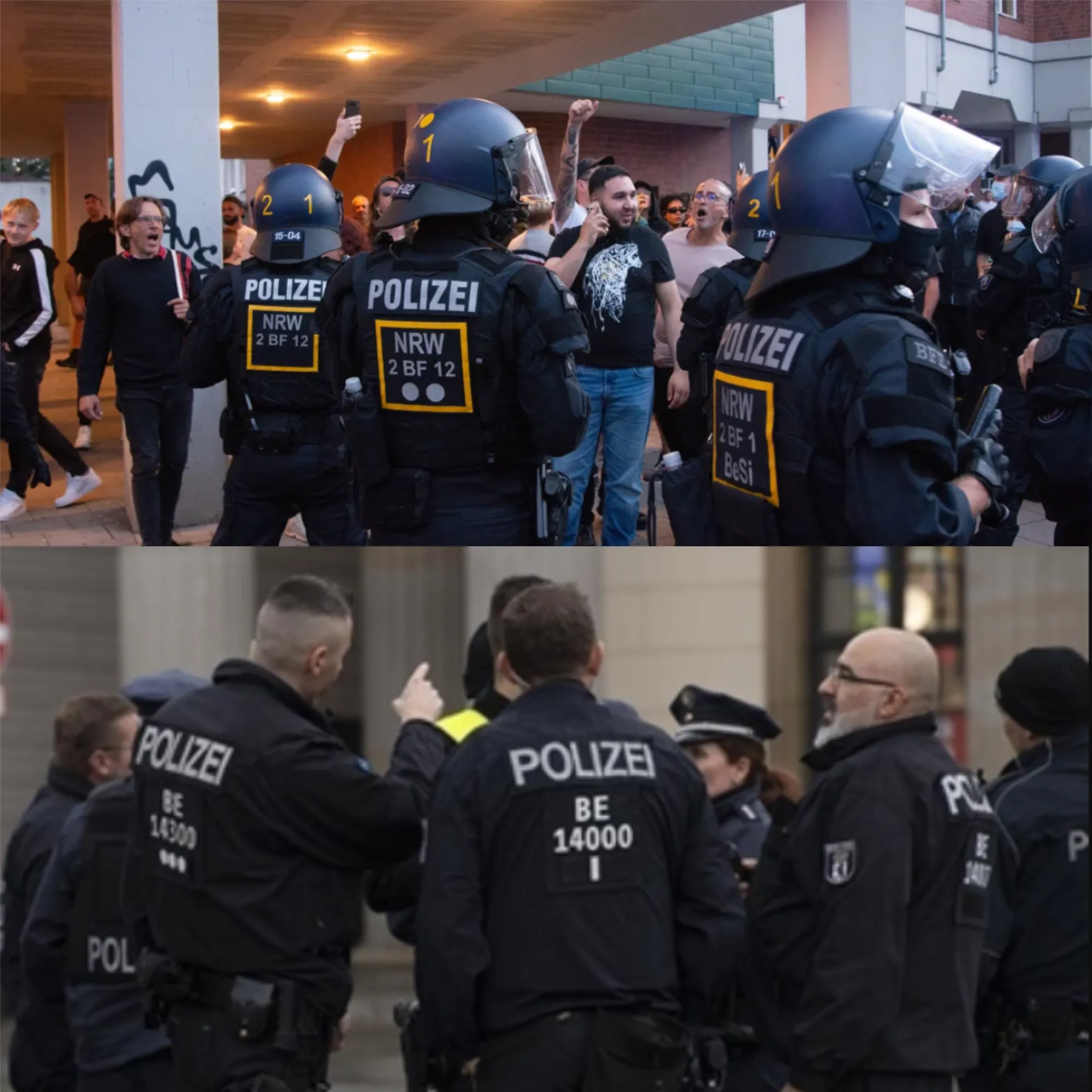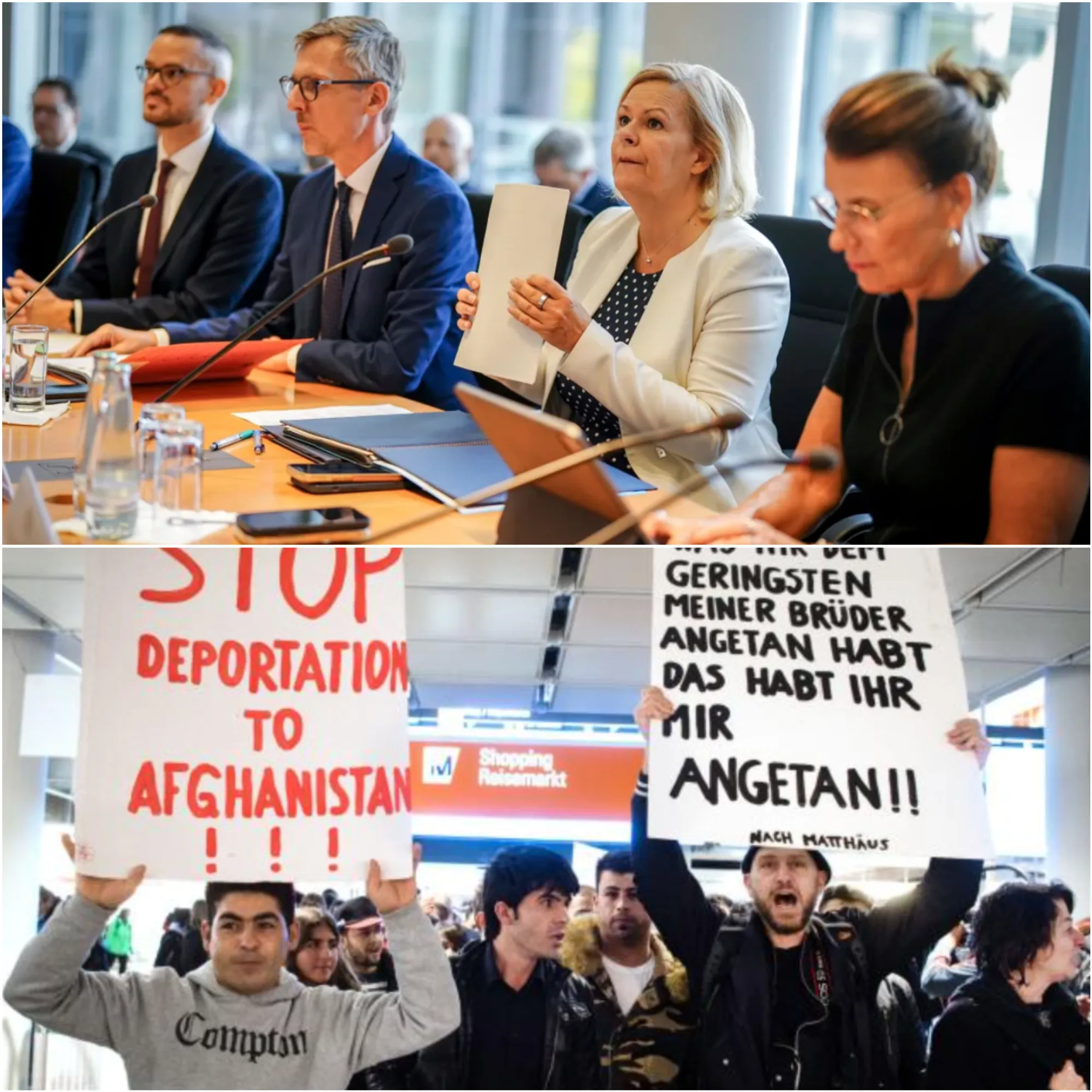
Germany Deports 28 Afghans Amid New Security Measures Following Knife Attacks

Germany has deported 28 Afghan nationals on a flight to Kabul, marking the country’s first deportation to Afghanistan since the Taliban regained power in August 2021. The deportation occurred on Friday morning, just a day after the German government announced a new security package aimed at tightening asylum regulations in response to recent deadly knife attacks.
The flight, which left Leipzig at 6:55 a.m. local time, was part of a broader effort by Germany’s Interior Ministry to deport convicted criminals. The deportees, all of whom were men with criminal records, were selected from various states across Germany. The operation was the result of months of negotiations and planning, according to German news sources.
The deportations were not conducted through direct negotiations with the Taliban but were facilitated by key regional powers. This clarification was provided by government spokesperson Steffen Hebestreit during a news conference following the flight’s departure. The deportees reportedly received a payment of €1,000 ($1,100), although this information was not confirmed by the Saxony’s Interior Ministry.
This move comes in the wake of heightened security concerns in Germany, particularly after a fatal knife attack in the southwestern city of Mannheim in May, where a police officer was killed, and several others were injured. The suspect, a 25-year-old Afghan refugee, was believed to have been motivated by Islamist extremism.

Adding to the urgency, another knife attack occurred just last week in Solingen, during which three people were fatally stabbed. The suspect, a 26-year-old Syrian man with alleged ties to ISIS, had been due for deportation prior to the attack. These incidents have fueled debates over migration policies in Germany and have put pressure on Chancellor Olaf Scholz’s government to act decisively.
In response, Interior Minister Nancy Faeser announced new measures aimed at accelerating the deportation of rejected asylum seekers and undocumented immigrants. These measures also include tightening laws on weapons and increasing efforts to combat Islamic extremism.
The timing of these developments is critical, as Germany’s far-right party, Alternative for Germany (AfD), is gaining momentum ahead of key state elections in Saxony and Thuringia. The AfD has capitalized on the recent attacks in its political campaigns, further intensifying the national debate on immigration.
Chancellor Scholz, responding to the rising tensions, has vowed to ensure that individuals who are not allowed to stay in Germany are deported swiftly. This pledge reflects the growing demand for stricter immigration controls in the country, as Germany grapples with the complex challenges of migration and security.






